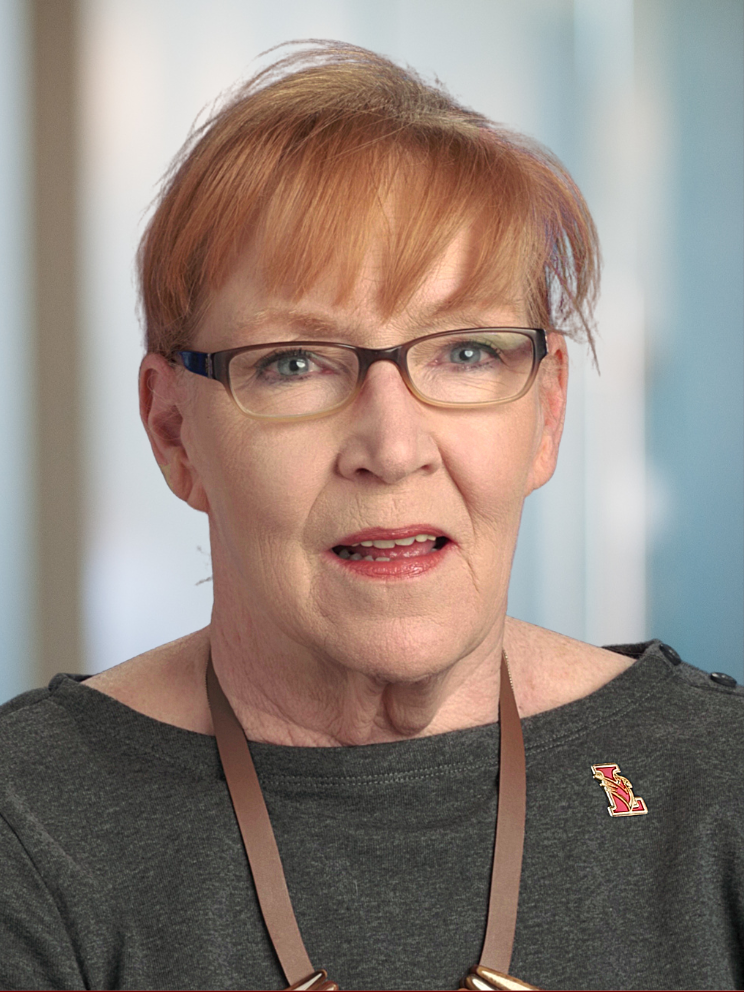When was the last time you thought about chicken pox? Not since you were a child, I bet. A middle-aged friend of mine was recently diagnosed with shingles. It’s caused by the same virus as chicken pox, varicella zoster. WebMD reports that your chance of contracting shingles increases when you are older than 50, or if your immune system is compromised by illness, stress or medications.
After causing chicken pox in childhood, the virus goes dormant in nerve beds, often for decades. Years later the awakened virus manifests as a burning pain, usually on one side of the chest or back, sometimes on the face. A rash or blisters follow within a few days. In some cases, the pain from shingles never completely goes away even after the rash clears up, a condition called postherpetic neuralgia. Of the million US residents who suffer from shingles each year, about 20 percent get postherpetic neuralgia.
Sometime before she developed shingles, my friend had considered getting the Zostavax vaccine. It was covered by her insurance and is administered as a single-dose shot in the arm. Research shows that the vaccine isn't a guarantee against shingles, so she felt she would wait until she was 60 or so—the age at which the Centers for Disease Control and Prevention recommends the inoculation.
Ultimately, she wished she hadn't waited. While shingles is not contagious, the pain kept my friend home from work for about 10 days. The itching was secondary to the burning sensation and she felt weak, dizzy and very sensitive to light. She couldn't even read! It was a few weeks before she was feeling better and more than a month before she was 100 percent. She was lucky not to develop postherpetic neuralgia.
The Johns Hopkins Health After 50 newsletter calls Zostavax “effective but underused.” Only about 14 percent of Americans 60 and older got the vaccine in 2010. There are pitfalls. Zostavax isn't always covered by insurance. There may be a high co-pay or the patient may have to pay out of pocket and then do the tedious paperwork to get reimbursed. In some cases, people need to buy the frozen vaccine from a pharmacy and bring it immediately to the doctor's office to be administered. Its fragile shelf life prevents many doctors from keeping the vaccine on hand, and that might affect the likelihood of a practitioner offering it to his or her patients.
The next time I see my primary care doctor, I may ask about the pros and cons of the shingles vaccine to see if it's right for me. I fit the age demographic and if my insurance picks up the tab, I think I will ask for the vaccine.

Pepper Evans works as an independent-living consultant, helping older adults age in place. She is the empty-nest mother of two adult daughters and has extensive personal and professional experience as a caregiver. She has worked as a researcher and editor for authors and filmmakers. She also puts her time and resources to use in the nonprofit sector and serves on the Board of Education in Lawrence Township, NJ.



